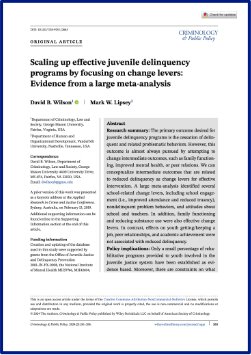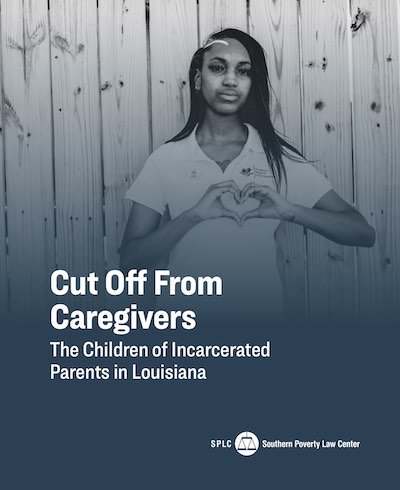By Natalie Beck and Jennifer S. Wong
The purpose of the present meta-analysis was to determine the effectiveness of wilderness therapy in addressing youth delinquency. A systematic review of the literature was conducted using 27 electronic databases and numerous gray literature sources, surveying literature published from 1990 to 2020. The search identified 189 potential studies for inclusion, resulting in a final study pool of 11 studies contributing 14 effect sizes from a total sample of 1,874 treatment youths. Both self-reported delinquency and caregiver-reported delinquency were examined using separate random-effects models. Pooled analyses yielded large, positive, and significant effects of 0.832 and 1.054 respectively, indicating that wilderness therapy is potentially an effective tool for addressing delinquent behaviors among youth. Limitations of the study include a lack of moderator analyses due to the small sample sizes. Wilderness therapy is a promising form of diversion programming and further investigation into this treatment modality is warranted.
Criminal Justice and Behavior, Volume 49, Issue 5, May 2022, Pages 700-729





